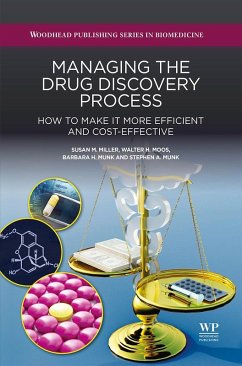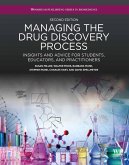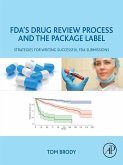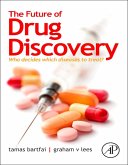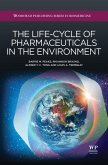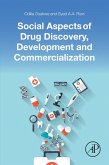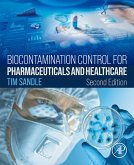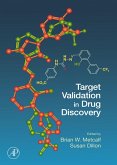This book takes a closer look at increasing pre-approval costs for new drugs and examines not only why these increases occur, but also how they can be overcome to ensure a robust pharmacoeconomic future. Written in an engaging manner and including memorable insights, this book is aimed at redirecting the drug discovery process to make it more efficient and cost-effective in order to achieve the goal of saving countless more lives through science. A valuable and compelling resource, this is a must-read for all students and researchers in academia and the pharmaceutical industry.
- Considers drug discovery in multiple R&D venues, including big pharma, large biotech, start-up ventures, academia, and nonprofit research institutes
- Analyzes the organization of pharmaceutical R&D, taking into account human resources considerations like recruitment and configuration, management of discovery and development processes, and the coordination of internal research within, and beyond, the organization, including outsourced work
- Presents a consistent, well-connected, and logical dialogue that readers will find both comprehensive and approachable
Dieser Download kann aus rechtlichen Gründen nur mit Rechnungsadresse in A, B, BG, CY, CZ, D, DK, EW, E, FIN, F, GR, HR, H, IRL, I, LT, L, LR, M, NL, PL, P, R, S, SLO, SK ausgeliefert werden.

